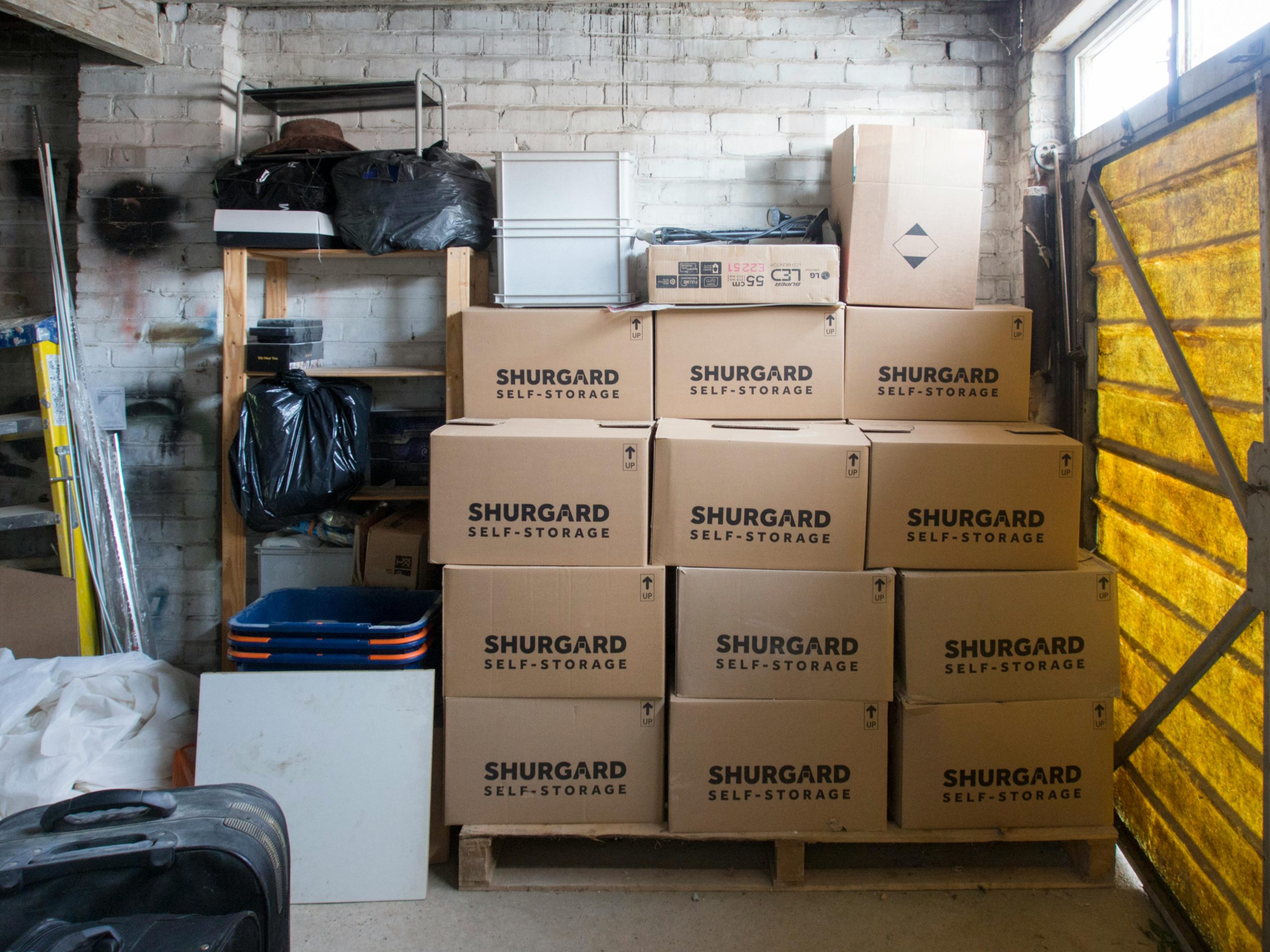Troubleshooting Unexpected Storage Loss After Cancelling a Game Update on Windows 11
Many gamers and PC users alike have experienced unexpected storage issues, especially when managing game updates on their systems. If you’ve recently encountered a sudden drop in available disk space after attempting to update a game and then canceling the process, you’re not alone. This article explores common causes of such issues and offers practical steps to resolve them—illustrated through a real-world example.
Scenario Overview
A user operating on a Windows 11 laptop with modest hardware specs faced a puzzling storage problem. Their device, which isn’t primarily designed for gaming but serves as an affordable solution, was running low on disk space after an interrupted game update.
The situation unfolded as follows:
– The user attempted to update The Sims 4.
– During the update, an error message indicated insufficient disk space.
– The user canceled the update to free up space.
– Subsequently, the system’s available storage plummeted from approximately 13 GB to just 1 GB.
What’s behind this sudden storage decrease?
When a game or application update fails partway, residual files can sometimes remain on the system. These files may be hidden or located in cache directories, occupying significant disk space without being immediately visible in the usual storage management tools.
In this case, the user discovered that the Electronic Arts (EA) app‘s cache contained partial update files that were not automatically cleaned up after cancellation, leading to the sudden reduction in free space.
How to Identify and Resolve Storage Anomalies Post-Update
Here are steps you can take to recover storage and prevent similar issues:
- Check Other Storage Consumers:
-
Use Windows’ built-in storage management tools:
- Go to Settings > System > Storage.
- Review which files and applications are occupying space.
-
Clear Cache Files and Temporary Data:
- Many game launchers and platforms store cache data that can accumulate over time.
-
For EA App users:
- Close the EA app completely.
- Navigate to the cache directory (for example,
%LocalAppData%\EADesktop\or similar). - Delete cached files or incomplete update folders.
-
Use Specific Game Client Features:
- Many gaming platforms offer built-in options to verify or repair game files.
- For EA apps:
- Right-click on The Sims 4
Share this content:



